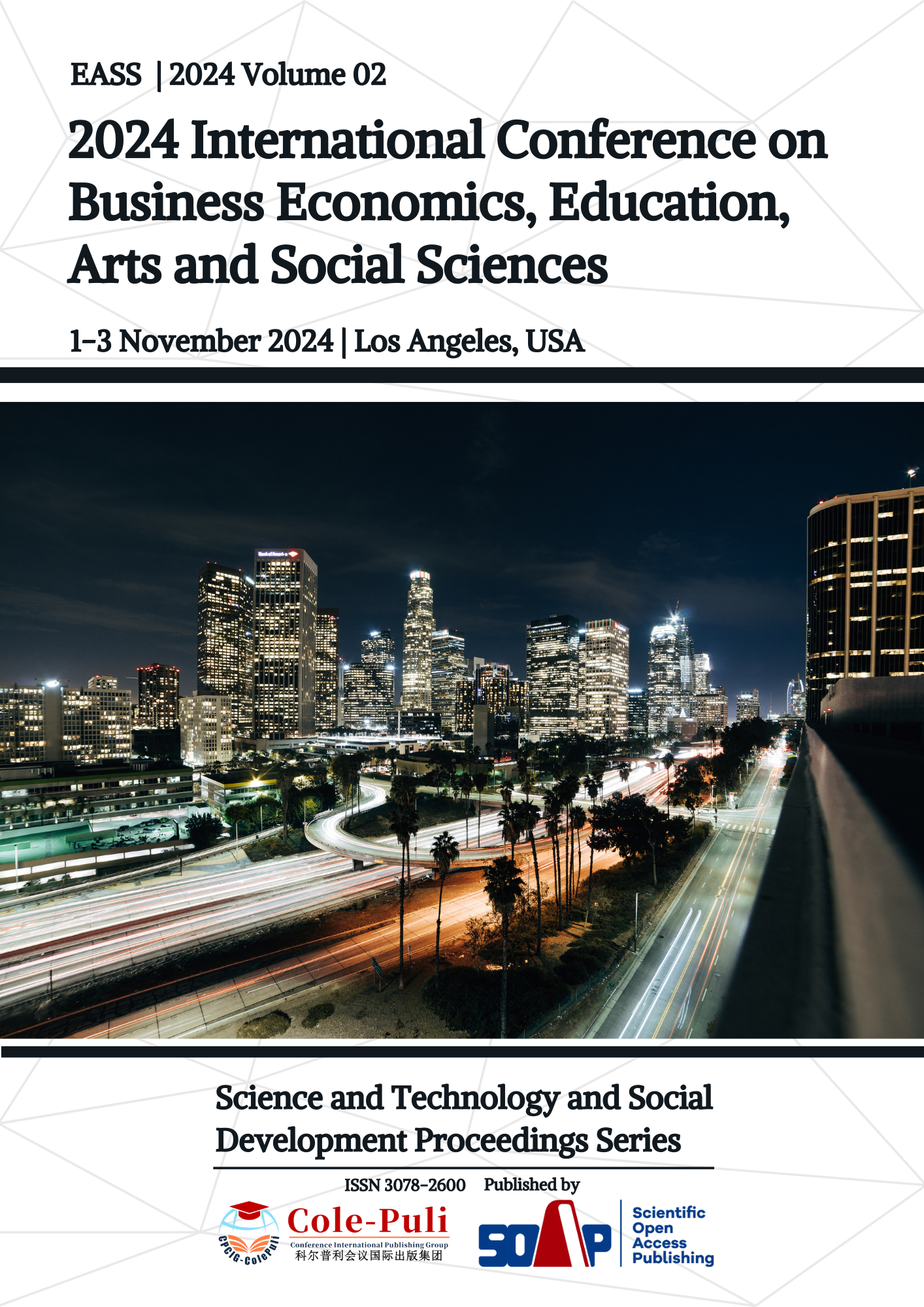Evaluating the Implementation and Impact of PSHE Curriculum in British Schools Abroad
DOI:
https://doi.org/10.70088/q9d4dq72Keywords:
PSHE curriculum, cultural adaptation, British international schools, holistic education, Mongolian traditions, resource developmentAbstract
This paper examines the process and outcomes of implementing the Personal, Social, Health, and Economic (PSHE) curriculum in British international schools, using the Mongolian context as a case study. It highlights the evaluation mechanisms, potential impacts, and lessons learned for broader application in global education systems. The study also explores the role of curriculum adaptation in fostering inclusive education, ensuring that cultural nuances are respected while maintaining the integrity of core PSHE objectives. Insights from surveys, pilot lessons, and stakeholder feedback are discussed to provide a comprehensive evaluation of the curriculum’s effectiveness. This research expands upon existing studies by incorporating comparative analysis with similar international adaptations, highlighting best practices and identifying areas requiring further policy interventions. The research investigates how the PSHE curriculum fosters holistic student development by integrating life skills education, cultural values, and practical competencies. A mixed-methods approach was adopted, incorporating surveys, semi-structured interviews, and pilot lesson observations to gather diverse perspectives from students, parents, teachers, and administrators. The findings reveal that culturally adaptive teaching methods, such as including traditional Mongolian practices like Tsagaan Idee in lessons, significantly enhance student engagement and parental support. Additionally, the research underscores the importance of teacher professional development and inter-school collaborations in promoting effective PSHE delivery. However, challenges such as limited localized resources, cultural sensitivities around certain topics, and teacher preparedness were also identified. The study provides actionable recommendations, including teacher training, resource development, and stakeholder collaboration, to improve curriculum delivery. By addressing these factors, the PSHE curriculum can achieve its goals of fostering emotional resilience, social responsibility, and economic literacy in diverse educational contexts. The insights from this study offer a framework for adapting and implementing PSHE curricula in other international settings. Ultimately, the findings contribute to global discourse on culturally responsive education, proposing scalable solutions for cross-border curriculum implementation.
Downloads
Published
Issue
Section
License
Copyright (c) 2024 Khishigbayar Khulan (Author)

This work is licensed under a Creative Commons Attribution 4.0 International License.











